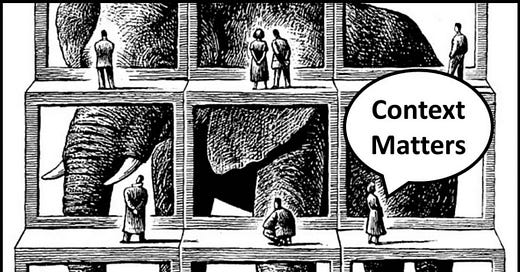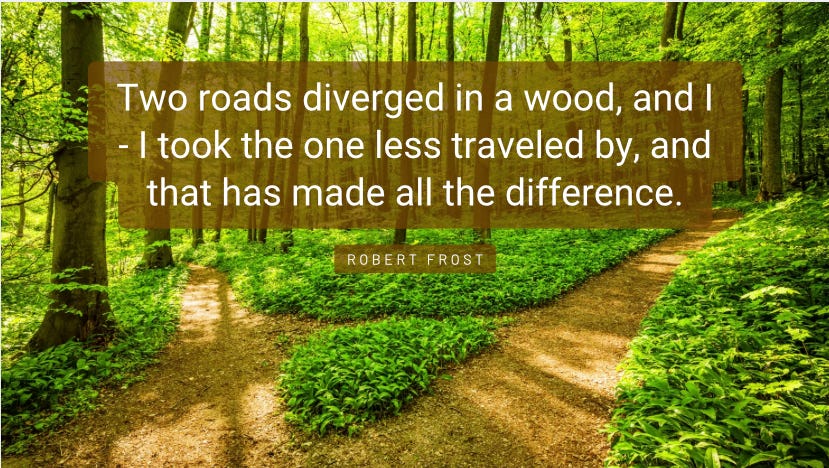From here (Matthew 5:21) through the end of the chapter, Jesus gives a series of, “You have heard it said…but I tell you.” Before exploring them individually, I want to consider what it is Jesus is doing. Before that, however, I want to place this scripture alongside what’s happening in our world today.
America is divided. Painfully so. And so too is the Church. My own United Methodist denomination, often a bellwether of American culture, recently split over, to borrow the legal term, “irreconcilable differences.” For ones entrusted with Jesus’ ministry of reconciliation, our failure to remain in communion with one another is a sin for which we must repent. It is also another sad example of how the Church is too often a reflection of society rather than a better alternative to it.
Speaking of alternatives, Sarah Bessey recently asked, “Are we still calling ourselves Christians?” She names the growing tensions for people wrestling with what it means to follow Jesus in a time when God’s name is actively being taken in vain. For me, growing up, taking “God’s name in vain” meant saying “gosh darnit” in place of its vulgar pagan counterpart. Far worse, however, is employing the name of God for one’s own benefit or using “christian” in false and misleading ways, ways antithetical to the very life and teachings of Jesus Himself.
Bessey is defining what kind of Christian she is…and what kind she is not:
“Yes, I’m a Christian - but not the science-denying, anti-vaccination, Nazi-saluting, Ukraine-abandoning, bullying, Canadian-sovereignty-threatening, cruelty-embracing, any ends-justifying-the-means, anti-immigrant, DEI-dismantling, marriage equality fighting, anti-refugee, violence-craving, tiki-torch carrying, rape-excusing-as-long-as-they’re-on-‘my-side’ politically, alternative reality, conspiracy theory, patriarchal, dominating, power-hungry, money-obsessed, virtue signaling while destroying others, nationalist kind.” Sarah Bessey
She is still choosing to claim the name of Jesus and is doing the vital work of naming what it means to do so in the world today.
Jesus was doing a similar work in His Sermon on the Mount, defining what it means to live as a citizen of His Kingdom vis a vis the kingdoms of the world.
To be sure, His context, like ours today, was also divided. He and His people, the Jews, were living under Roman rule. The world was complex and wildly diverse (the Book of Acts gives witness to the religious, ethnic, and socioeconomic diversity found throughout cities like Ephesus and Corinth, Rome and Colossae). And, even within His own religion, there was a growing diversity of thought for what it mean to faithfully follow YHWH…and what wasn’t faithful. Pharisees and Sadduccees had their own convictions. Priests and Rabbis offered theirs to the ongoing conversation. And, again in the book of Acts, the early Church struggled with what was a faithful (the correct) interpretation of the scriptures and Holy Spirit - see Peter, Paul and the early Jerusalem Council’s decisions about Gentile inclusion (Acts 10, 11, 15).
Into these waters, Jesus stepped and offered a third way.
In his commentary on the book of Matthew, Stanley Hauerwas writes,
“[Jesus’] kingdom is an alternative to the violence of Rome…When He called His society together Jesus gave its members a new way of life to live. He gave them a new way to deal with offenders - by forgiving them. He gave them a new way to deal with violence - by suffering. He gave them a new way to deal with Monday - by sharing it. He gave them a new way to deal with problems of leadership - by drawing upon the gift of every member, even the most humble. He gave them a new way to deal with a corrupt society - by building a new order, not smashing the old.” Stanley Hauerwas, Matthew
As we begin to explore the “You have heard it said, but I tell you” sections, we must take seriously the work Jesus is doing and the context of our world today. Jesus is inviting us out of our entrenched, partisan-formed ways of thinking into a Third Space. He is inviting us out of the false binaries and divided dichotomies of who is right and who is wrong, who is in and who is out, who is “liberal” and who is “conservative” (two cultural political categories, mind you, not scriptural). In their place, Jesus is inviting us to walk down a different path, one that offers the culture around us a different way, a better way, The Way for how to live.
I am looking forward to seeing where Jesus’ teachings will lead us next.







Thank you for the reminder to forgive